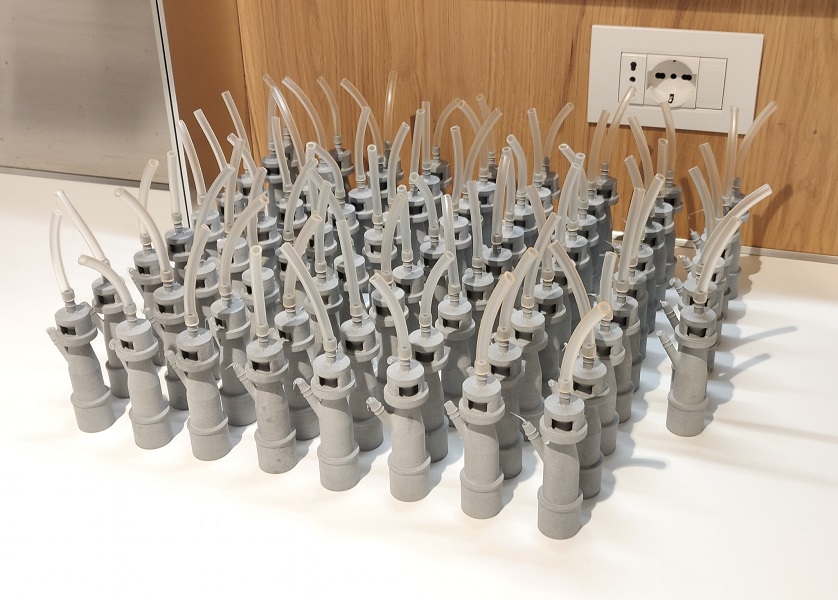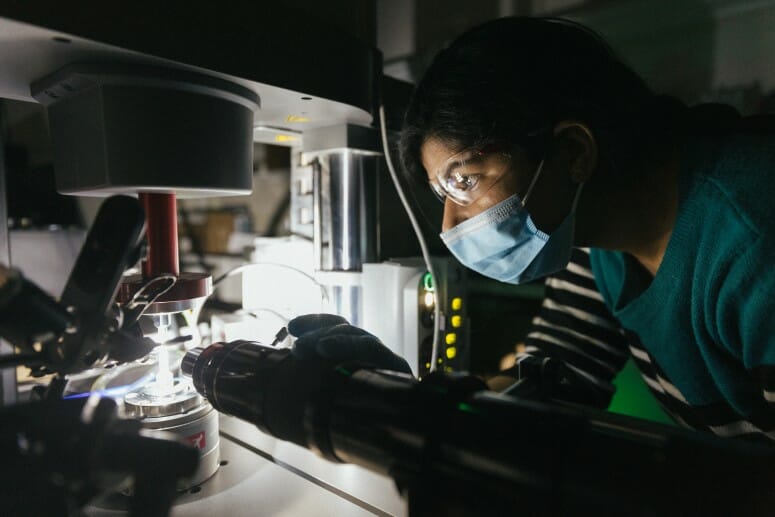Isinnova, an Italian 3D printing start-up has responded to the plead of emergency units for ventilator valves. They printed out spare parts and supplied the Chiari hospital in Brescia that was dealing with an overwhelming number of patients at the time. As a result of this timely help coming from a high-tech company, tens of patients who were in critical condition were saved. There was simply no time or way to procure ventilator valves from the OEM, as the supply line had been interrupted by the events. In addition to that, the valves would have costed $11000 each whereas Isinnova printed them out at a filament cost of about $1 each.
When the start-up contacted the original manufacturer, they explained that Italy is in an emergency, and asked for the blueprints of the valves. Not only has the medical equipment maker refused to provide any technical data, but they even threatened to proceed with lawsuits on the basis of copyright infringement. Admitedly, the designer of the valve has every right to protect their patented design, as this is what gives them a market advantage. However, during crises like the ongoing virus outbreak, a medical firm could have taken into account the fact that the lives of many people were on the line.
Isinnova’s boss though wasn’t moved by the duress. He responded by saying that the situation is calling for action, and you can’t just leave people die because of bureaucracy. He also pointed out that they are making no profit from this situation, and added that they are not planning to use the product for any reason other than to save lives. Soon, more medical facilities around the country contacted the 3D printing company and asked for ventilator valves, which are on shortage. Finally, another local 3D printing workshop has joined the effort too, putting their polyamide powder printers to work overtime to cover the demand.







